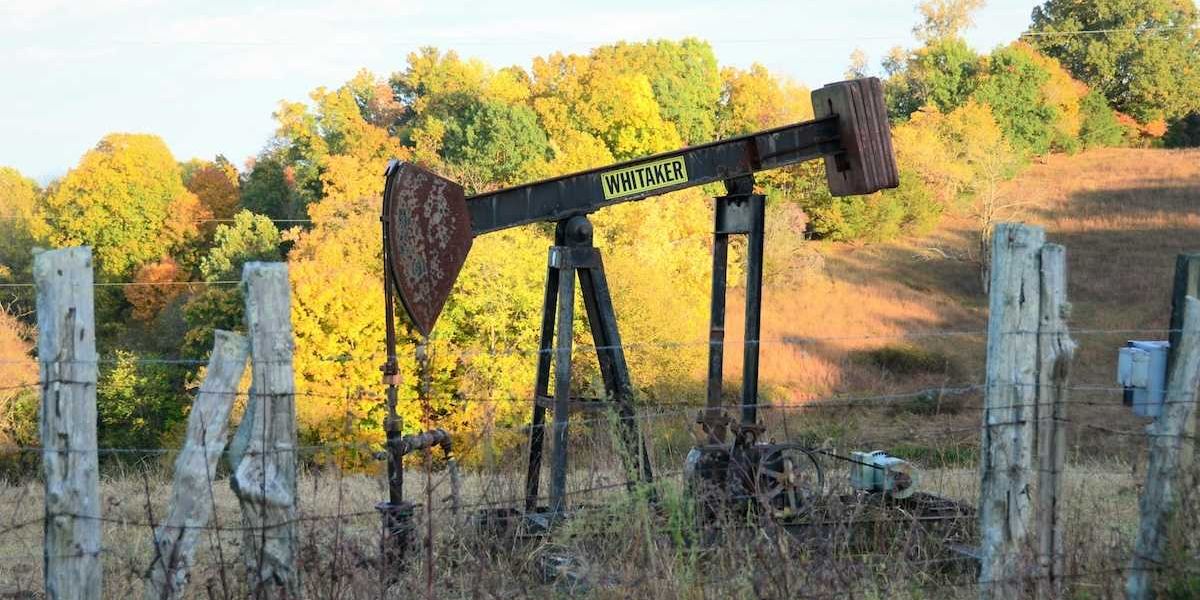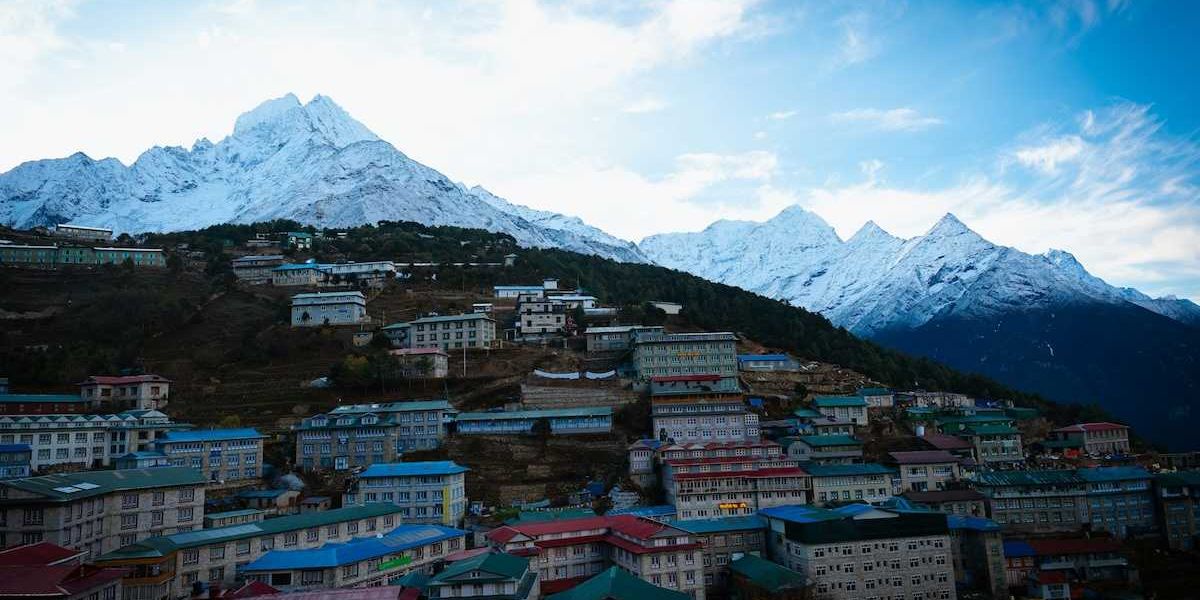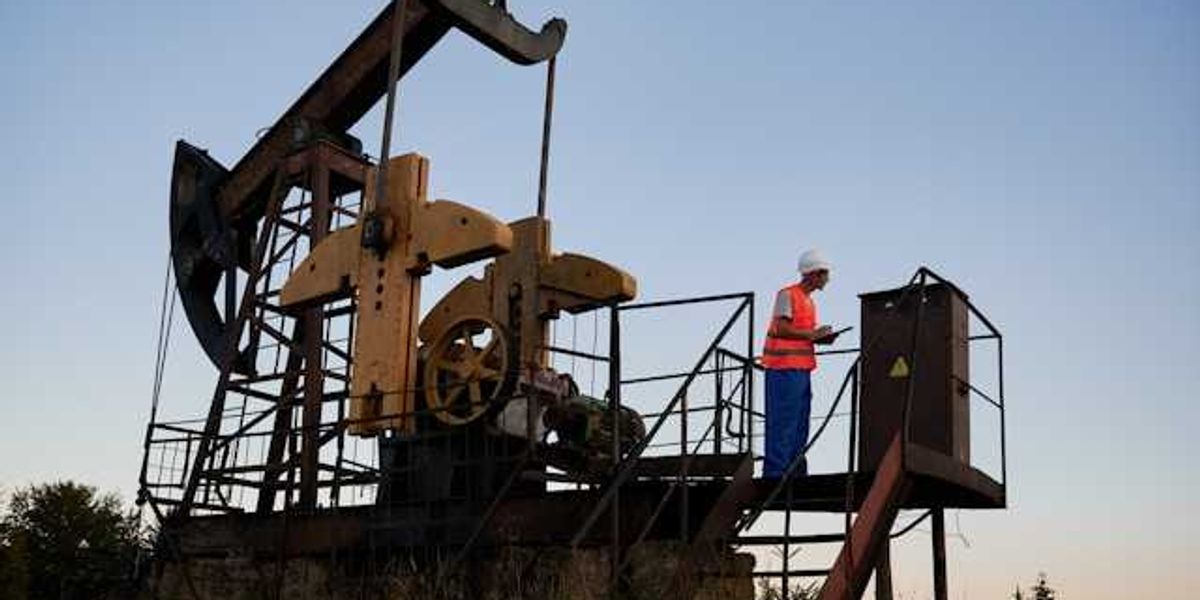07 March 2024
Texas ranchers face long-term recovery from devastating wildfires
In the wake of massive Texas wildfires, cattle ranchers grapple with extensive losses and a challenging path to recovery.
Scott Dance reports for The Washington Post.
In short:
- The Smokehouse Creek fire, one of the largest in U.S. history, has decimated over 2,000 square miles of grazing land, affecting tens of thousands of cattle.
- With an estimated multi-year recovery for pastures and significant uninsured infrastructure damage, Texas agriculture braces for prolonged hardship.
- While the immediate beef supply remains stable, the community confronts ongoing drought, erratic weather patterns, and the looming threat of future wildfires.
Key quote:
“We just have these aberrant years one way or the other and it seems to be boom or bust, regrettably. We kind of grow accustomed to these events on a regular basis."
— Jared Blankenship, Texas Farm Bureau Federation representative
Why this matters:
This story highlights the fragile interplay between climate extremes and agriculture, emphasizing the broader implications of such disasters on food security and rural livelihoods, pivotal in both local and national contexts.
Explainer: How do wildfires impact your health?













